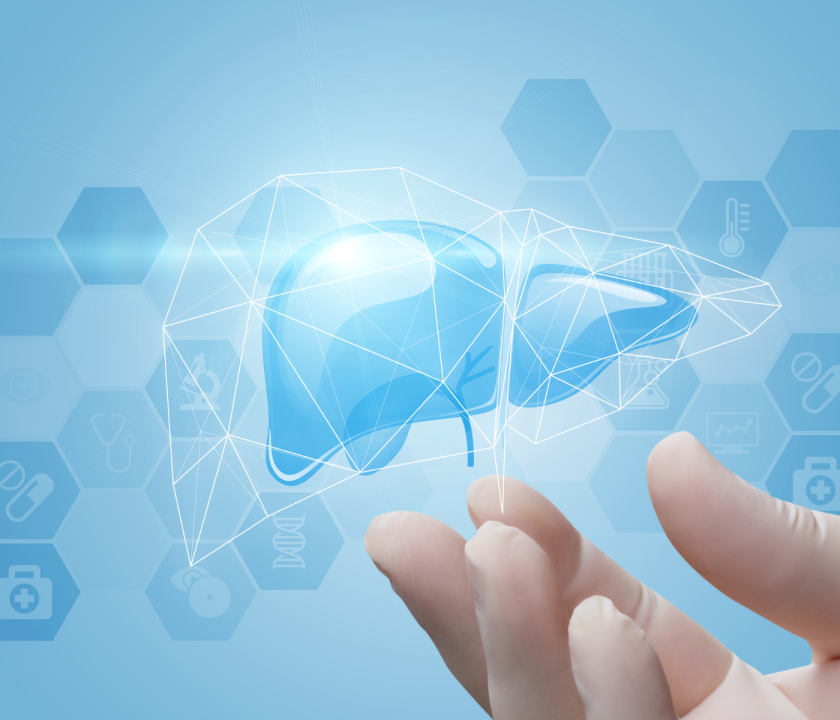The liver is involved in several metabolic and homeostatic functions. This organ is responsible for the process of synthesis, metabolism, and detoxification. Therefore, the liver has endocrine and exocrine functions, being important to keep this organ in the best conditions to guarantee healthy birds.
The role of the liver is related to a wide number of functions, such as the metabolism of:
- Fats
- Carbohydrates
- Proteins
- Vitamins and
- Minerals
Additionally, it is implied in the:
- Removal of waste products and detoxification
- Activation of vitamin D
- Main site of the phagocytosis by Kupffer cells (It destroys aged blood cells and pathogens that may enter via the hepatic portal blood)
- Main storage of fat-soluble vitamins (A, D, E, K), vitamin B12, glycogen, Fe, and Cu
During the fat metabolism, the liver provides lipids to be used in all tissues and the liver itself. However, in birds, fat synthesis is greater in the hepatic tissue and limited in the adipose tissue, which is different from mammals.
On the other hand, the liver is the source of bile that is essential in the emulsification of dietary fats, which is an important part of fat digestion and absorption.
Relatively little is known about biliary secretion in birds due to the complex anatomy in which bile enters the intestine via both hepato-enteric and the cystico-enteric ducts. Bile flow is stimulated by feed, presence of bile salts in the blood and cholecystokinin (CCK) secretio.
The liver is also involved in protein metabolism. Protein synthesis in the liver represents 11% of all protein synthesis in the bird.
- Dietary proteins are hydrolyzed in the intestine to small peptides and free amino acids by the action of proteases and peptidases.
- These amino acids are absorbed by the enterocytes and passed into the portal vein. Then, they enter the liver and are transported to other tissues and organs via systemic circulation.
- If the amino acids are in excess and
TO CONTINUE READING REGISTER IT IS COMPLETELY FREE Access to articles in PDF
Keep up to date with our newsletters
Receive the magazine for free in digital version REGISTRATION ACCESS
YOUR ACCOUNT LOGIN Lost your password?

